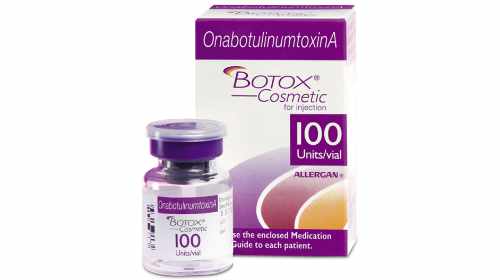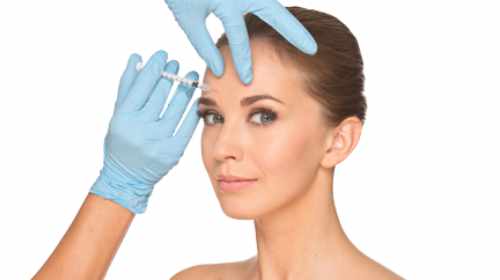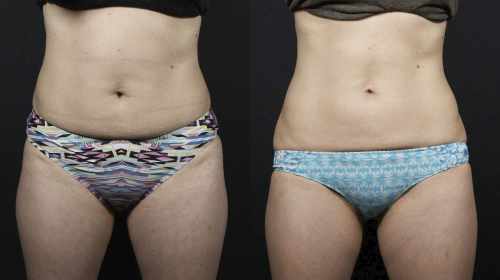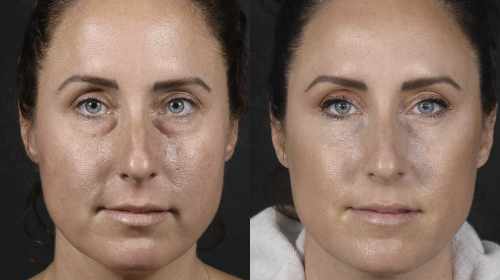 Did you know that cosmetic use of Bot0x for wrinkle reduction has been shown to reduce the severity of depressive symptoms? Well, it is true!
Did you know that cosmetic use of Bot0x for wrinkle reduction has been shown to reduce the severity of depressive symptoms? Well, it is true!
For years, cosmetic physicians knew that anecdotally patients simply felt better after getting Botox treatment. However, this was confirmed in a more scientific manner. A recent study showed that patients undergoing Botox for cosmetic purposes, including Botox injection along the lower forehead, demonstrated less severe depression. Investigators out of the University of California, San Diego Skaggs School of Pharmacy and Pharmaceutical Sciences reviewed nearly 40,000 patient charts in their study. One of the conclusions was that patients with depression showed a 40-88% reduction of symptoms. And this reduction was seen in areas besides the most common location for Botox treatment – the forehead.
Reportedly the Botox somehow or another helped interrupt some of the facial feedback mechanisms involved in depression. It is thought emotional signals – like those produced from anger, sadness or fear – play a role in contraction of certain facial muscles. These include the procerus and corrugator muscles that account for glabellar frown movement (and production of the vertical 11 wrinkles). Depression contributes to hyperactivity of the frown muscles. Therefore, injection of Botox into the frown lines is postulated to help improve symptoms of depression because this facial feedback cycle is effectively disrupted.






